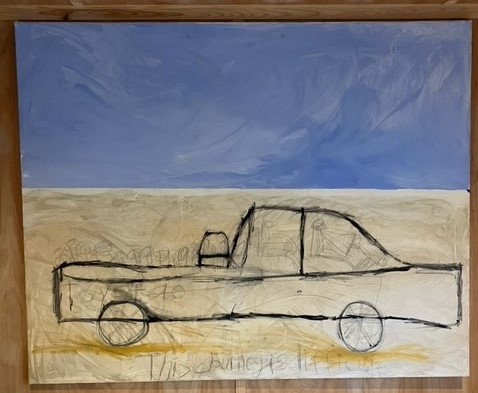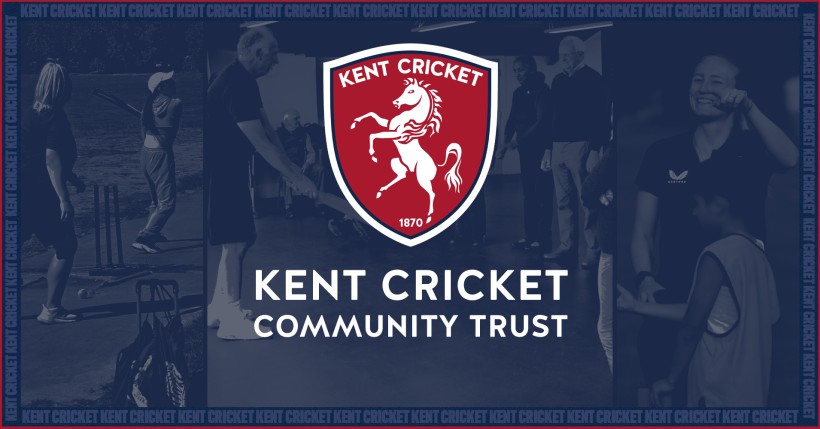Cricket and Culture
This guide has been developed by KCCT to assist clubs and coaches support refugee and UASC young people.
It’s important to understand the refugee and asylum seeking situation in the UK so as to fully appreciate the positive impact your cricket club could have on a young person. The UK is home to approximately 1% of the 27.1 million refugees who were forcibly displaced across the world. The Refugee Council has compiled an excellent document that can provide more facts, bust myths and provide a true picture of those seeking asylum. Details of the is can be found here.
Personal stories from participants within the First Change programme
- The importance of the First Change programme - from a Foster Carer
- "This journey is difficult" - a personal short story
- Positive impact of cricket clubs in young peoples' lives
“Afghanistan young people have often barely experienced playing sport, but the passion and dedication to cricket seems to have grown. It is one of the only pastimes known”.
“Usually played in a street format, with a tennis ball covered in tape and some makeshift kit, there is an understanding of the basic aims and rules of the game. But it tends to be a fast and furious game of swinging wildly for 6’s and not so much understanding of the ‘team’, or ability to read other players as they bat or bowl”.
“Arriving in the UK and often feeling displaced, disoriented, scared or lonely, sport is a major aid in mental and physical well-being as well as a place to practice language and interaction with others – in a time of confusion and worry. Cricket and sport are often one of the sole sources of normalising their life and providing a sense of achievement, pride, and a positive sense of self”
“Being a part of a cricket team and club provides a feeling of engagement and acceptance and enables Afghan young people to be seen by people other than in a ‘charitable or needy’ way. It promotes understanding of the different ways they can contribute to our society and merge their culture with ours”.
The below short story was written by one the young people the First Change programme works with. This is his story of getting to the UK along with his original picture of the journey.

This journey is difficult.
To stop my little brother following me I told him I was going out to get him a surprise and would be back in a minute. I got on the bus and started my first journey out of my village without my family at my side – I felt sad and even though there were lots of people on the bus I felt very alone and lonely. I still wonder how long he waited for me to come back.
2 days later I reached the point of joining the other people escaping, and I was pushed onto the back of a Toyota truck, crammed in with too many people so we stood up as it sped along, holding onto each other to stop anyone falling off as there was no room to sit down. If someone fell off the driver didn’t stop so we hung on for our life. The next year was full of people pushing me and cramming me with others into uncomfortable and scary places; the boots of vehicles, footwells in cars, small boats; or walking for days and nights, drinking out of puddles and eating grass and leaves when too hungry to continue.
The pain of leaving my two little brothers and my sister, wondering if I would ever see them again; of leaving my home, my village, my beautiful country that was being brutally torn apart, was overwhelming, and still consumes me – my small moments of rest on the journey were filled with dreams of them all – but now I cannot bear to think about them too often as my heart cannot cope with the pain. I wonder about when I can return to that beautiful land, if peace will ever come, if they have survived, if I will survive.
My journey was long and difficult. I was hungry, thirsty, tired and scared. We were met with anger and rejection often, not the welcome or safety I was hoping for. People were not kind to me, to us. We kept going, dreaming of finding somewhere we could finish growing and learn how to fit in and belong, make a life worthy of the sacrifice our families made for us, have the life they can’t, and live with freedom, opportunity, and dignity.
I dared not cry as I thought it might not stop. My heart was broken. It still is.
I want to see my brothers again; I want to hug my sister and thank her for her sacrifice in getting me to safety.
I want my country to be ok so I can return to it, maybe live there.
I want people to care about me, to care about us, to give me a chance.
My journey was difficult, it still is, it’s not over, just on the next bit – I am displaced and trying to find my place.
This journey is difficult.
A short clip of those involved with the First Change programme and what being apart of a Cricket Club has meant to them since their arrival in the UK.
__________________________________________________________________________________________________________________________________________
How KCCT can assist your Cricket Club
Cricket Clubs have been the heart of villages in the UK for years and we believe that they play a vital role in the community. If you are a cricket club trying to assist a young refugee or asylum seeker participate within your club and need support, please fill out the below form:
We have developed a guide to help make young refugees and asylum seekers feel more comfortable and included in cricket clubs. Please feel free to download our guide for coaches and clubs which can be distributed amongst your staff.

